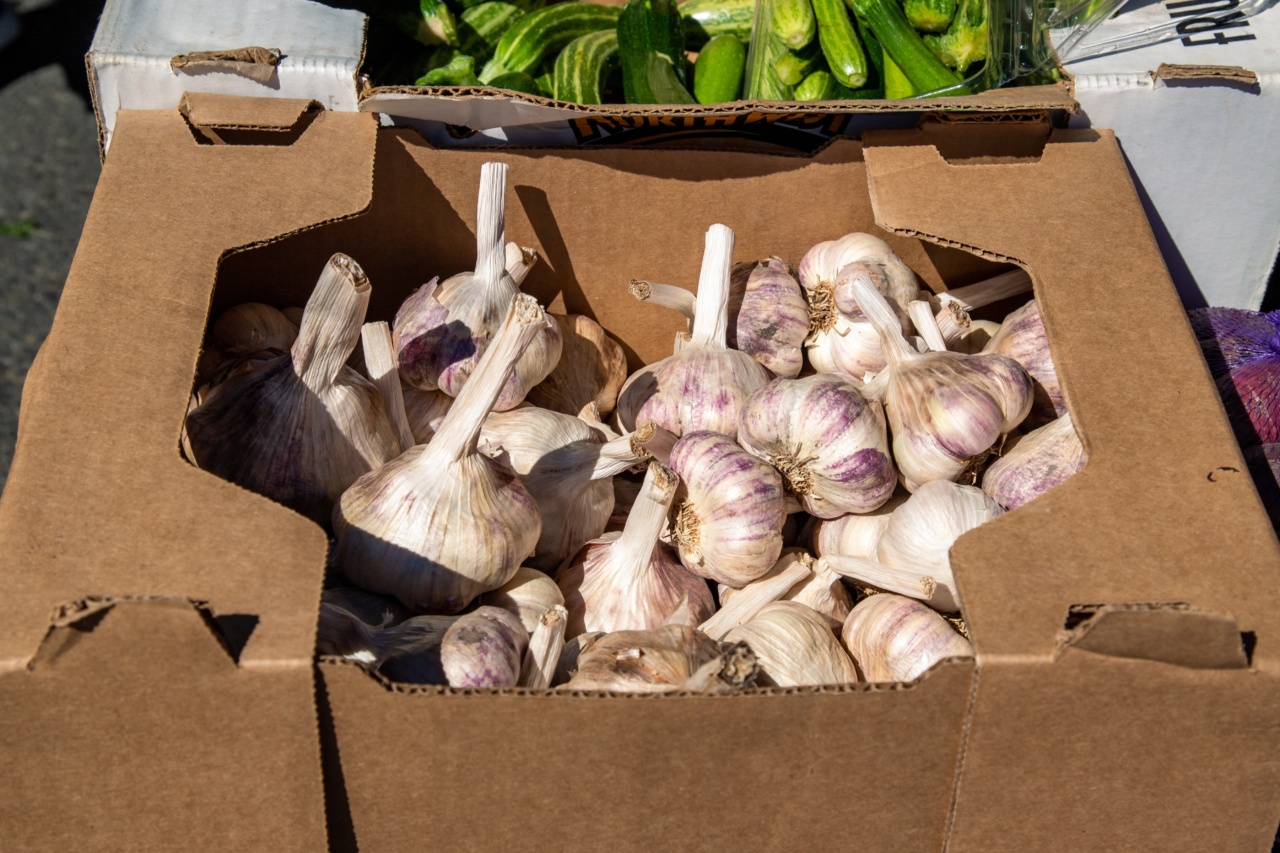There are many vegetables that are marketed as “superfoods” with the potential to promote overall health and wellness.
However, there is one particular vegetable that is gaining recognition for its ability to safeguard vision and relieve pressure in the body. This vegetable is the crimson-colored beetroot.
What is Beetroot?
Beetroot, or simply beets, is a root vegetable that has been commonly used in both cooking and medicine for centuries. It is well known for its natural red color, which comes from a pigment called betacyanin.
Beets are a rich source of antioxidants, fiber, and essential vitamins and minerals like folate, iron, and vitamin C. These nutrients make beets incredibly beneficial for supporting good health, especially when it comes to vision and blood pressure.
Beetroot for Vision Health
Vision health is a critical aspect of overall wellbeing, and the carotenoids found in beets can be especially beneficial for this purpose.
The carotenoids lutein and zeaxanthin are two critical components of eye health, and beets contain high levels of both. These powerful compounds can help protect against age-related vision problems such as macular degeneration and cataracts. Additionally, the betaine found in beets can help reduce inflammation and support eye health overall.
Beetroot for Blood Pressure Regulation
High blood pressure is a serious risk factor for many health conditions, including heart disease, stroke, and kidney damage. Thankfully, beets have the potential to help lower blood pressure naturally.
Beets are rich in nitrates, which the body converts into nitric oxide. Nitric oxide is a powerful molecule that dilates blood vessels and increases blood flow, helping to reduce overall blood pressure.
Studies have shown that drinking beet juice can lead to significant blood pressure reductions in both healthy individuals and those with hypertension.
How to Incorporate Beetroot into Your Diet
There are many ways to incorporate beetroot into your diet to reap its many health benefits. One of the most popular ways is to drink beet juice, which can be found at most health food stores or made at home with a juicer.
However, you can also incorporate beets into salads, dips, and smoothies. Roasting beets is another delicious way to enjoy their unique flavor, and they can even be added to baked goods for a nutritious boost.
Precautions When Eating Beetroot
While beetroot is generally safe for most people to eat, it can cause some side effects in certain individuals. Some people may experience gastrointestinal distress such as bloating, gas, or diarrhea after consuming beets.
Additionally, beets are high in oxalates, which can contribute to the formation of kidney stones in some people. If you are prone to kidney stones, or have other health concerns, be sure to talk to your doctor before adding beetroot to your diet.
The Takeaway
Beetroot is a delicious and nutritious vegetable that has the potential to support vision health and regulate blood pressure. Incorporating beets into your diet can be an excellent way to promote overall health and wellbeing.
However, be sure to speak with your doctor if you have any concerns or health conditions that could be affected by eating beets.




























